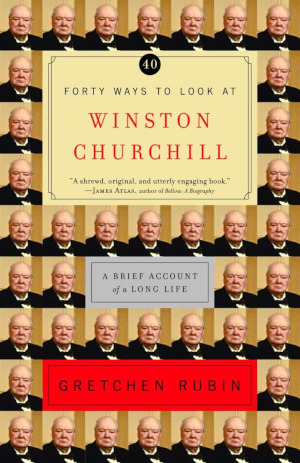 Amazon affiliate link.
Amazon affiliate link.
Biographies are an indispensable part of the Christian’s library—but whose do we read? Not only are we faced with the dilemma of which biography to read, but we are also faced with the dilemma of which biographer to read. Here’s one I think is worth the time of reading for several reasons. First, it is a biography of a formidable personality. While Churchill’s contribution to the advancement of Christianity is negligible if it exists at all, he occupies a major role in world history. If nothing else, Churchill is fascinating. Often quotable, sometimes admirable, and occasionally despicable, he appears to be larger than life. Second, it is a well-written biography. Ruben does an excellent job of differentiating her account of Churchill’s life from the over 650 other accounts: “I decided to write a biography that would make my case for my Churchill but also press the opposing arguments—a biography that would convey the ambiguities of his character and reputation as well as the elementary themes of his life” (7-8).
Finally an unexpected delight was Rubin’s habit of explaining what labor and obstacles any biographer faces:
No biography can be complete or conclusive…. Layers of fact pile higher and higher, and each additional fact may change the picture of the subject. A biographer’s choice to highlight or dismiss certain episodes—controversial, offensive, or poignant—can vividly color a portrait. Readers unfamiliar with the subject’s life are blind to the artful selection that’s taking place” (221).
Her chapter 34 heading is “Churchill Exposed: Missing Information Supplied.”


Discussion